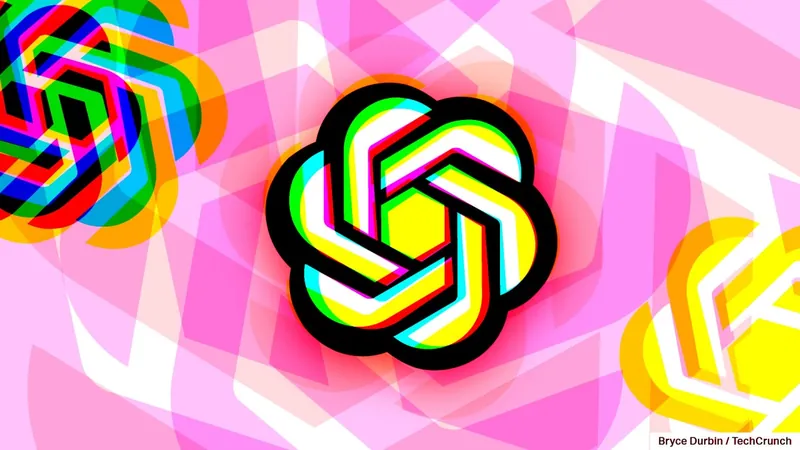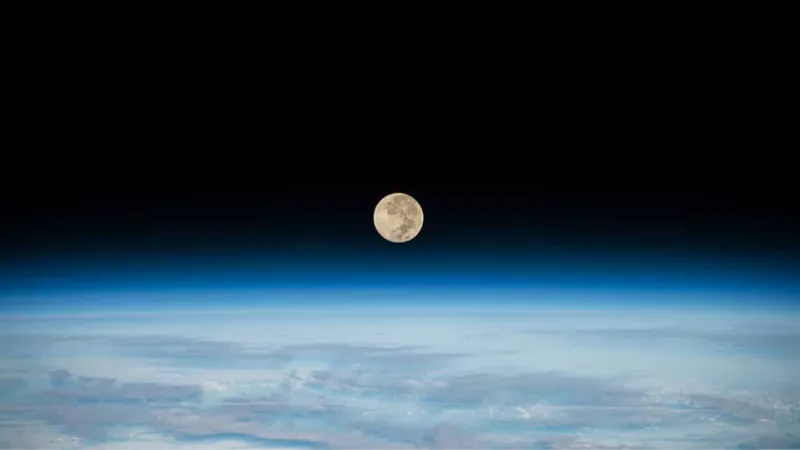
Major Shake-Up at OpenAI: Sora Co-Lead Tim Brooks Jumps Ship to Google DeepMind!
2024-10-03
In a surprising turn of events, Tim Brooks, one of the pivotal co-leads behind OpenAI’s ambitious video generation project, Sora, has decided to take his talents to Google DeepMind. Announcing his new role via a post on social media platform X, Brooks is set to contribute to advancing video generation technologies and the development of innovative 'world simulators' at Google’s AI research division.
Reflecting on his experience at OpenAI, which he joined just two years ago, Brooks expressed gratitude for the environment and people he worked with, stating, 'I had an amazing two years at OpenAI making Sora. Thank you to all the passionate and kind people I worked with.' His move has sparked interest in both the tech industry and among enthusiasts who follow the evolution of artificial intelligence.
Google DeepMind’s CEO, Demis Hassabis, welcomed Brooks with enthusiasm, indicating that his expertise will help propel the company closer to realizing the 'long-standing dream' of creating a world simulator. However, the exact meaning of a 'world simulator' remains a bit nebulous. DeepMind has previously utilized this concept in projects like Genie, which crafts playable and action-controllable virtual worlds from various sources such as sketches and photographs.
In a recent paper, researchers at DeepMind elaborated on the potential applications of real-world simulators, suggesting they could revolutionize content creation in gaming and film, as well as support training for AI agents designed to operate in real-world environments.
Brooks was among the first to initiate the Sora project at OpenAI in January 2023, driving its research direction and model training. As OpenAI prepares to roll out Sora, reports reveal that the project has faced significant technical setbacks, which may hinder its competitive edge against emerging rivals like Luma and Runway. According to The Information, the initial demonstration of Sora required an excessive 10 minutes of processing to produce just 1 minute of video. OpenAI is reportedly working on an updated version of Sora that aims to significantly reduce this processing time.
Interestingly, Google itself has been active in the video generation space, recently unveiling a model called Veo at its annual I/O developer conference. This model is set to integrate with YouTube Shorts, enabling creators to easily generate engaging six-second clips and backgrounds.
In the competitive landscape of video generation technology, OpenAI is facing increasing pressure. Just this month, competitor Runway secured a deal with Lionsgate, the renowned studio behind the 'John Wick' franchise, to develop a customized video generation model leveraging Lionsgate’s extensive film library. Shortly after, Stability AI secured the involvement of legendary filmmaker James Cameron, known for directing blockbuster hits like 'Titanic' and 'Avatar,' to enhance their own video generation efforts.
Despite attempts to demonstrate Sora’s capabilities to filmmakers and Hollywood studios—including efforts from former CTO Mira Murati at Cannes—OpenAI has yet to forge a significant, long-term collaboration with a major production house, which could influence the future of video generation in film.
Brooks’ departure marks yet another high-profile exit from OpenAI, raising questions about the company's talent retention and future direction in an increasingly competitive AI landscape. As he returns to Google, where he previously worked on Pixel phones, it’ll be fascinating to see how his expertise collaborates with Google’s already ambitious endeavors in AI, particularly in video generation.
Stay tuned, as this dynamic field continues to evolve right before our eyes!



 Brasil (PT)
Brasil (PT)
 Canada (EN)
Canada (EN)
 Chile (ES)
Chile (ES)
 España (ES)
España (ES)
 France (FR)
France (FR)
 Hong Kong (EN)
Hong Kong (EN)
 Italia (IT)
Italia (IT)
 日本 (JA)
日本 (JA)
 Magyarország (HU)
Magyarország (HU)
 Norge (NO)
Norge (NO)
 Polska (PL)
Polska (PL)
 Schweiz (DE)
Schweiz (DE)
 Singapore (EN)
Singapore (EN)
 Sverige (SV)
Sverige (SV)
 Suomi (FI)
Suomi (FI)
 Türkiye (TR)
Türkiye (TR)